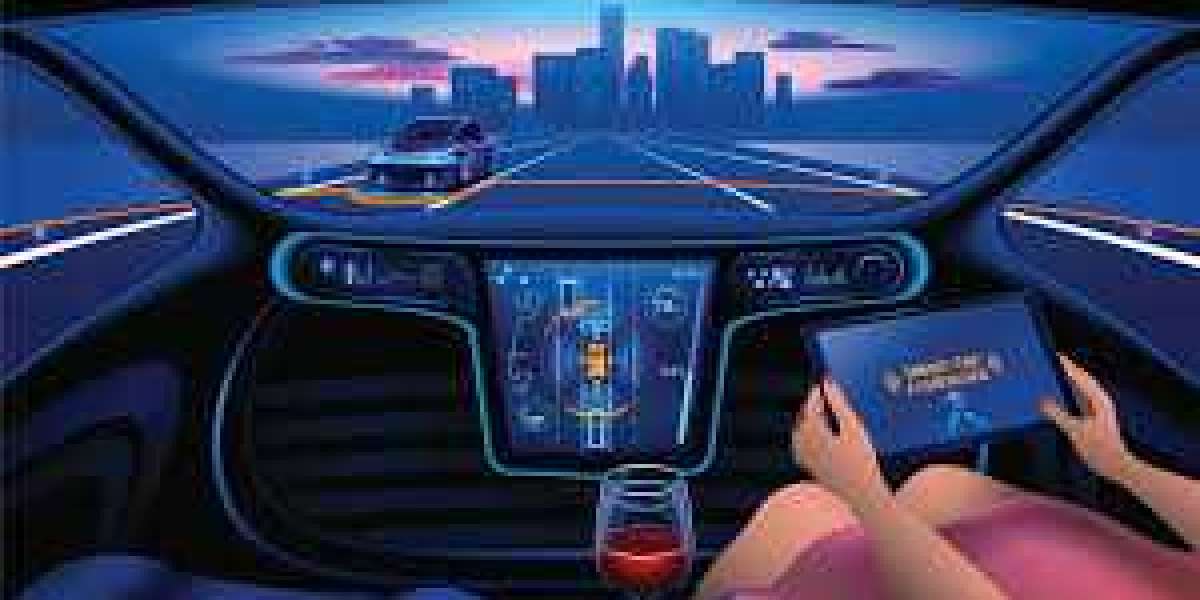Why autonomous vehicles are future for India
More than two years back, the then minister for road transport and highways Nitin Gadkari, said driverless cars will not be allowed in India because the government is not going to promote any technology that replaces human jobs and gives it to AI. On Wednesday, in his second innings as a minister holding the same portfolio, Gadkari simply reiterated this stance.
His argument was similar to what he said two years back -- the country has 40 lakh drivers and there is a shortage of 25 lakh drivers, and that driving skills can provide employment failing which jobs of 1 crore people would be at stake.
In a country like India with a little over 1.3 billion people, any policy decision that may impact jobs appears justifiable at first blush. However, going by Gadkari's own logic, why then is India insistent on introducing electric vehicles that may help unclog the air to some extent but destroy many jobs in the traditional auto sector?
If this was the case, why introduce the bullet train or send satellites to space when that money can be used to create jobs in other sectors?
Further, even the seemingly innocent and cheap and air-conditioned metro rail may have put so many cars and autorickhaw drivers off the roads. One thing that is known from all this is: There is no stopping automation. To maintain their global competitive edge, Companies will continue to use artificial intelligence (AI) ,software bots and AI-powered robots, because private companies won’t go for socialist type economy. Besides, if you want to export ‘Made in India’ products successfully, you will need to have a cost advantage that can only be provided by automation.
If this is the case, will our policymakers, only adopt technologies that create jobs and completely shun those whose impact we do not fully understand as yet? If such was the case, we would have missed the benefits of the industrial revolution and would still be living in the smokestack era.
What may work, though, in favour of Gadkari's argument for now is that driverless cars will find most Indian roads too chaotic to function.
there is no strong reason why India should not prepare itself for the future of transportation in a systematic manner.
India ranked 24 this year (20th in 2018) on consultant firm KPMG's 2019 Autonomous Vehicles Readiness Index (AVRI)--a tool to help measure 25 countries’ level of preparedness for autonomous vehicles. Despite the focus on when driverless cars will be available, autonomous minibuses are already providing passenger services in countries including Norway, Sweden and France, and AVs are likely to be as important in transforming public transport as they will be for private cars, the KPMG report stated.
To begin with, automated vehicles can save lives and reduce injuries since 94% of serious crashes are due to human error, according to the US National Highway Traffic Safety Administration (NHTSA). There are additional economic and additional societal benefits. With automated vehicles, the time and money spent commuting could be put to better use--automated vehicles could free up as much as 50 minutes each day that had previously been dedicated to driving.
India can learn from countries like the Netherlands (leader of KPMG's AVRI 2019 list), which plans to launch platoons of more than 100 driverless trucks on major routes from Amsterdam to Antwerp and Rotterdam to the Ruhr valley. It is introducing new laws that will encourage AVs, something also pursued by the UK, Australia and France among others, notes the KPMG report.
Autonomous is the future.
Click on Autonomous driving: McKinsey Company to see a video to better understand autonomous driving.






Sukanya Singh 4 yrs
I agree with you ??